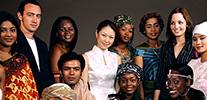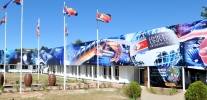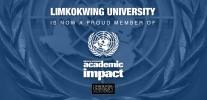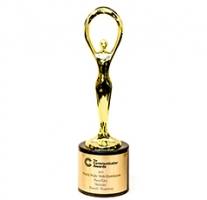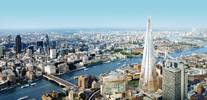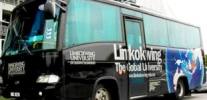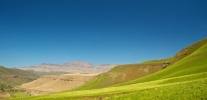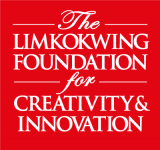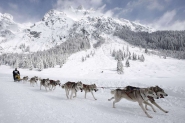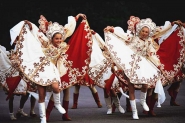- Picture Credit of http://yshatir.ru/2016/06/page/8/
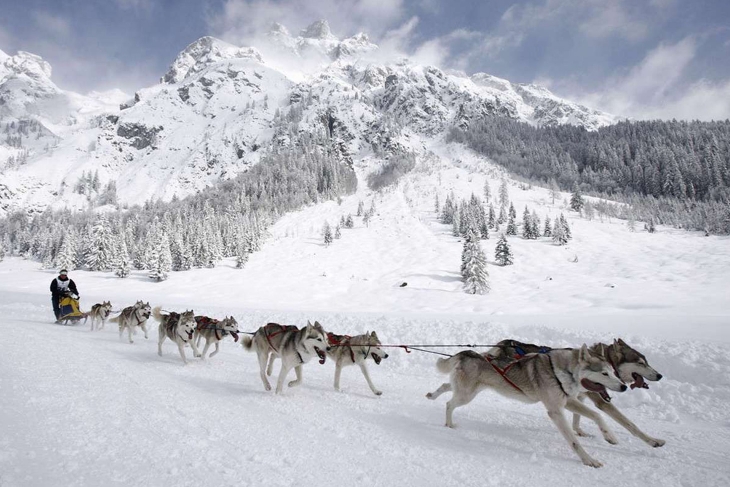 Photo Credit westerndestination.com
Photo Credit westerndestination.com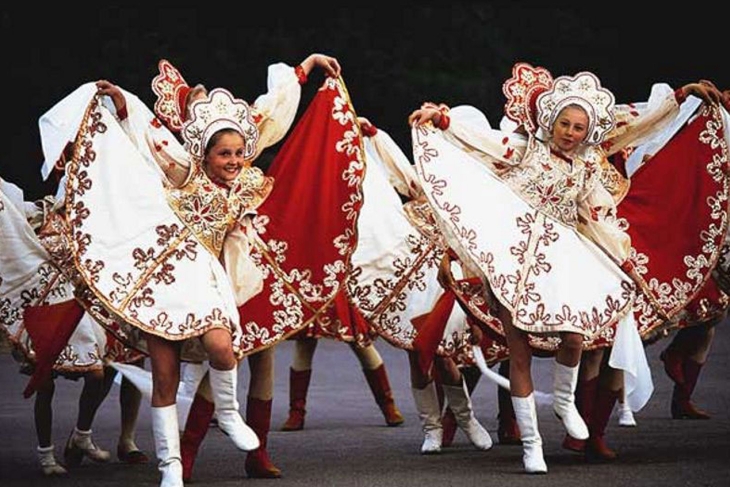 Photo Credit colory.ru
Photo Credit colory.ru
The Russian Federation is the world’s largest country that covers more than one-eighth of the world’s inhabited land area that extends the entire northern Asia and much of Eastern Europe.
Russia’s capital, Moscow has served as the country’s administrative centre throughout the country’s history. The city is a major political, economic, cultural and scientific hub for Russia and Eastern Europe. Since the 12th century, it has developed through progressive governments - from the Grand Duchy of Moscow until the present-day Russian Federation.
The country is home to 23 UNESCO World Heritage Sites with tourist attractions such as ancient cities, cultural shows and wildlife. Moscow City attractions include St. Basil’s Cathedral, the State Historical Museum and the Kremlin Towers.
The country’s immense size spans eleven time zones and possesses a wide range of environments and landforms. Wildlife explorers can visit Lake Baikal, the Virgin Komi Forests and the Volcanoes of Kamchatka.
Vast wilderness in Russia’s extreme weather conditions offer adventurous explorers the opportunity to see exotic animals such as Siberian Tigers, Russian Brown Bears and Tundra Wolves.
Tourist could ride the Trans-Siberian Railway, the world’s longest railway that spans across Russia. This six-day journey offers visitors a chance to cross the whole continent of Asia.
Russia is the world’s second largest producer of oil with an average production of over 9 million barrels of crude oil per day in 2012. It has a developed, high-income market economy with enormous natural resources that include oil, natural gas, metals and timber. This comprise more than 80% of the country’s exports. Russia ranks as the 14th largest economy in the world by nominal GDP according to the 2016 Estimation Data from International Monetary Fund (IMF).
Culture in Russia is steep in tradition based on various regions and periods. The country is home to over 160 ethnic groups that speak close to 100 languages.
This nation has made tremendous technological and scientific breakthrough over the last century and is also one of the world’s most advanced educational and technological centres. The country has produced intellectuals such as chemist and inventor Dmitri Mendeleev who formulated the Periodic Table, physicist Nikolay Basov who helped lead the development of laser technology and scientist Vladimir Barmin who designed the first Soviet rocket launchers.

